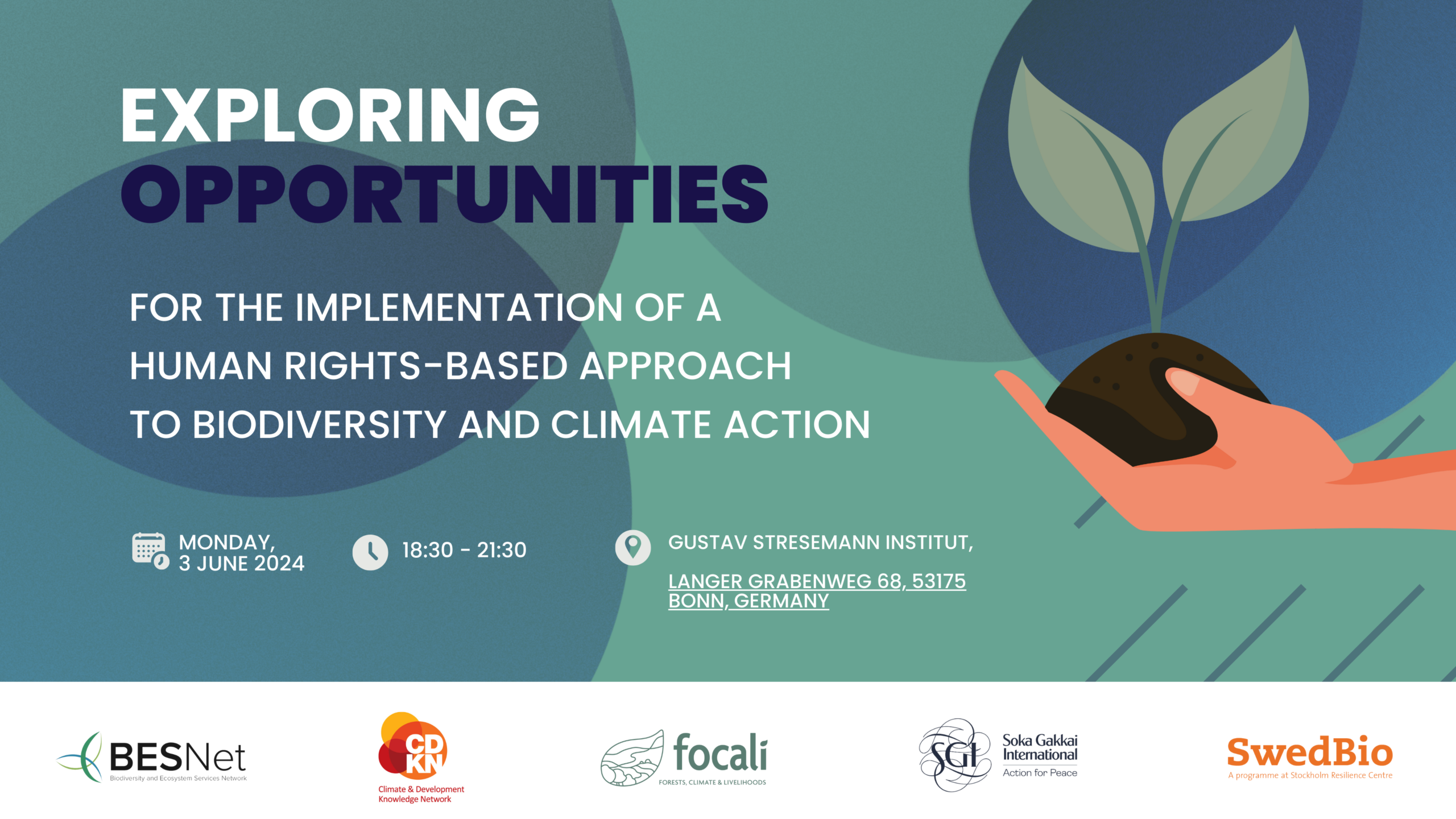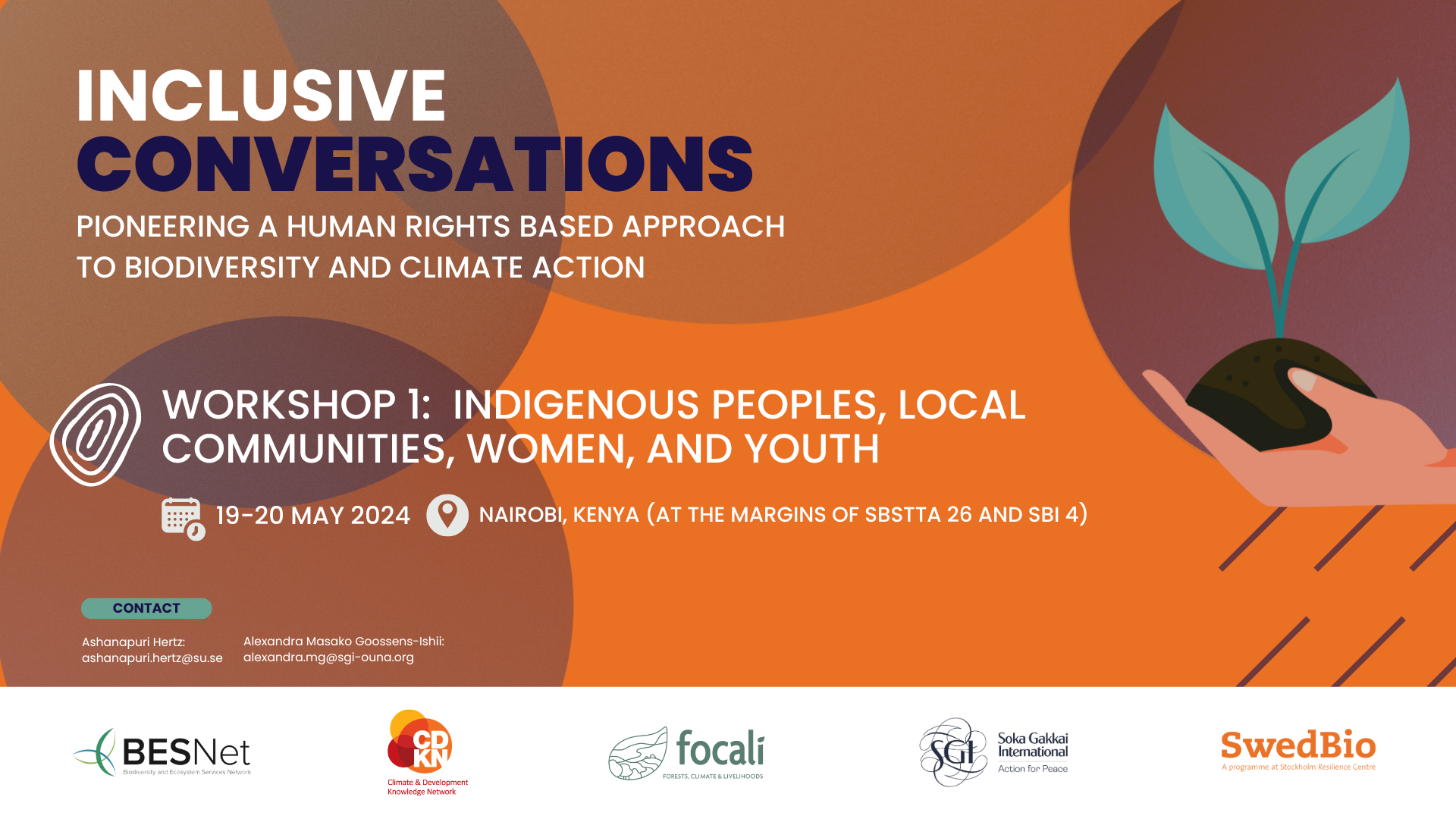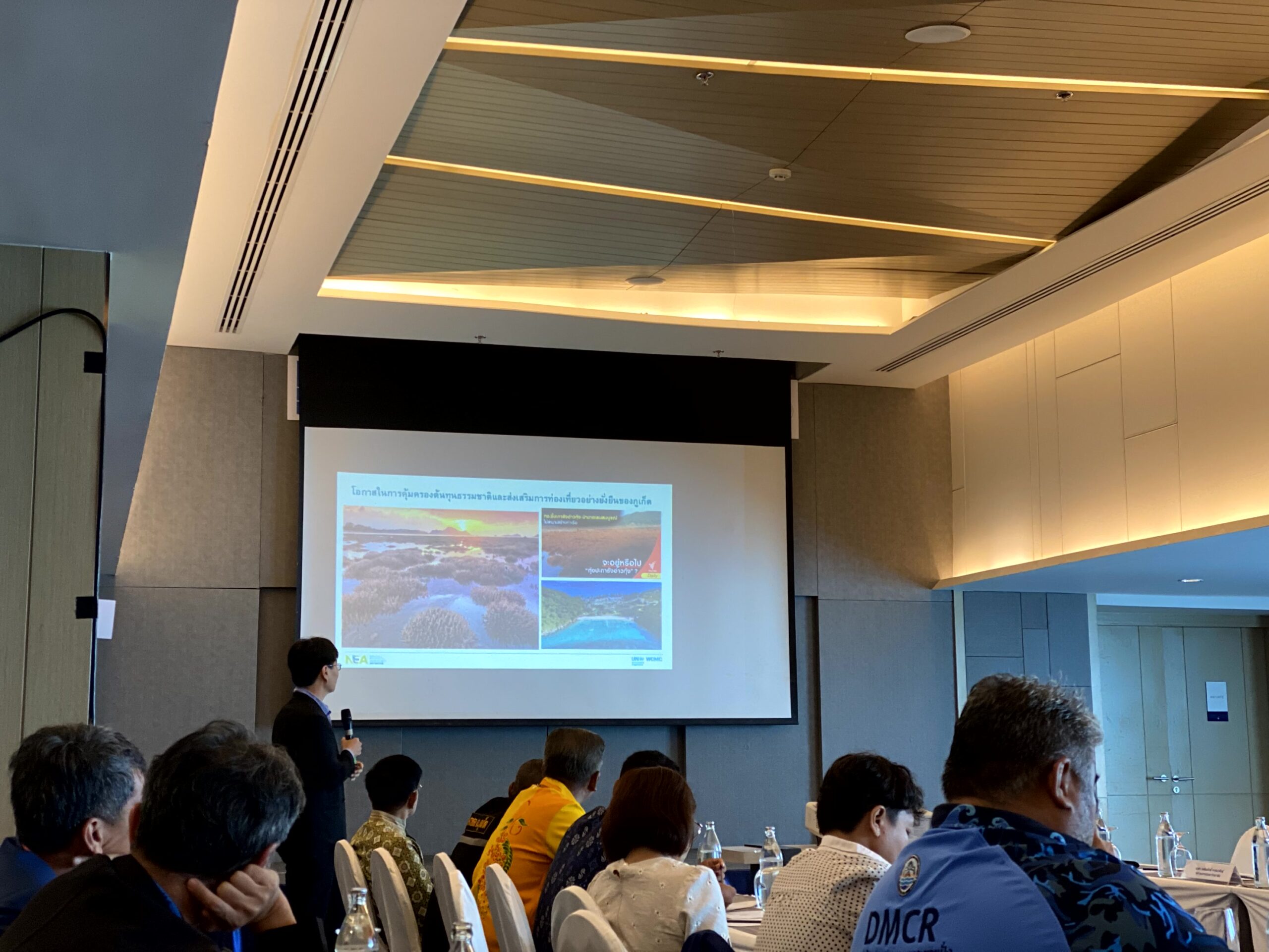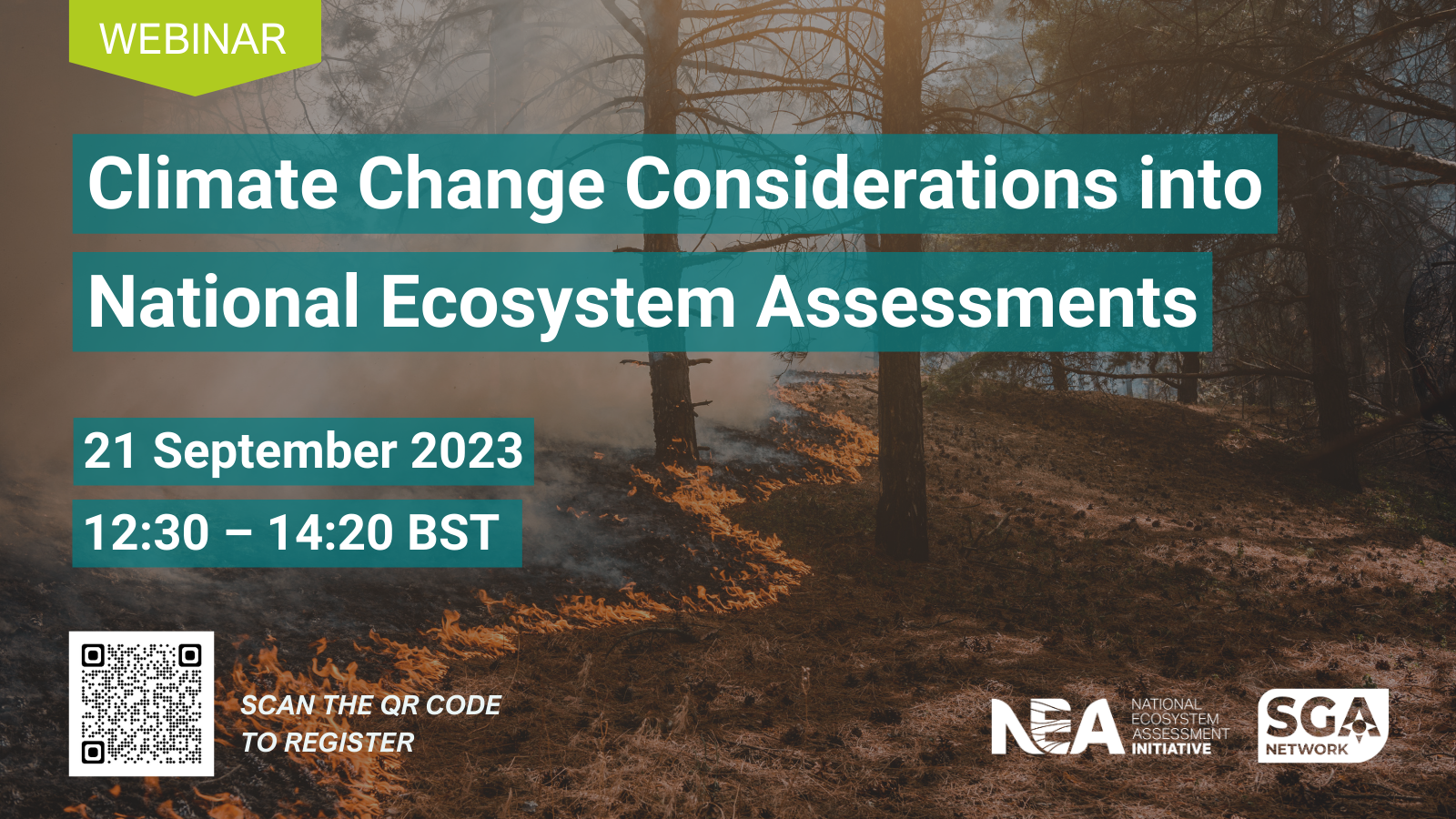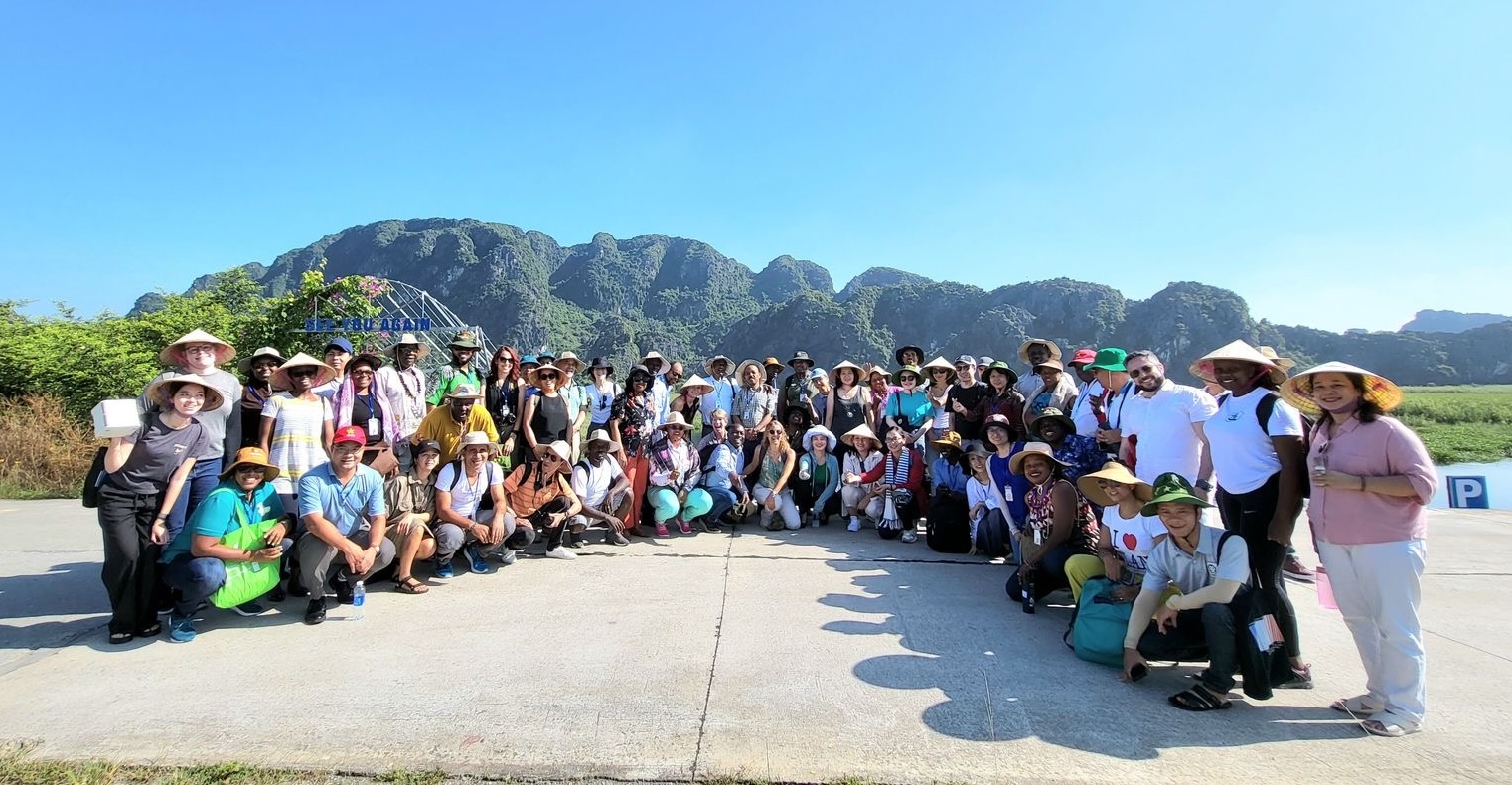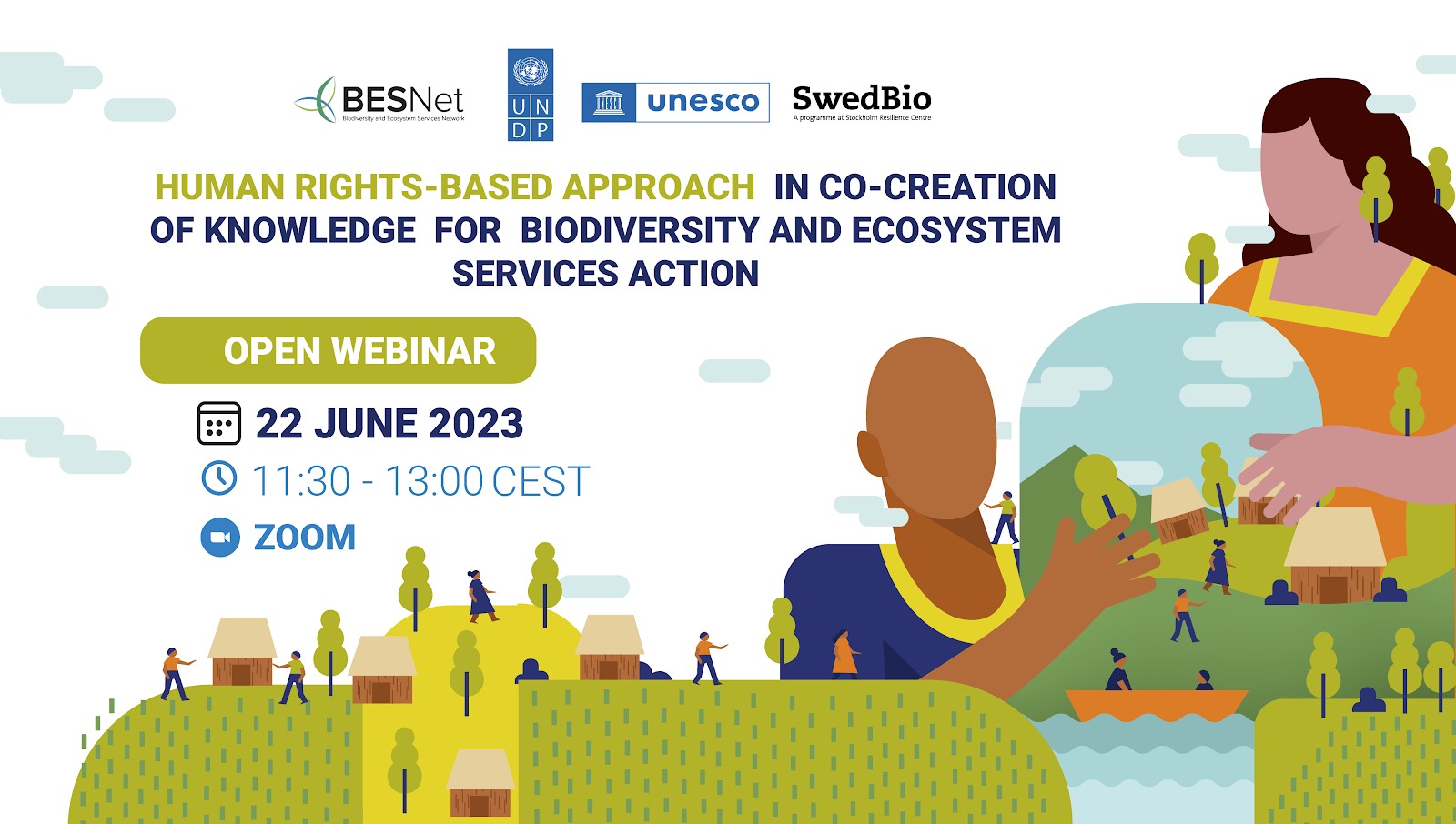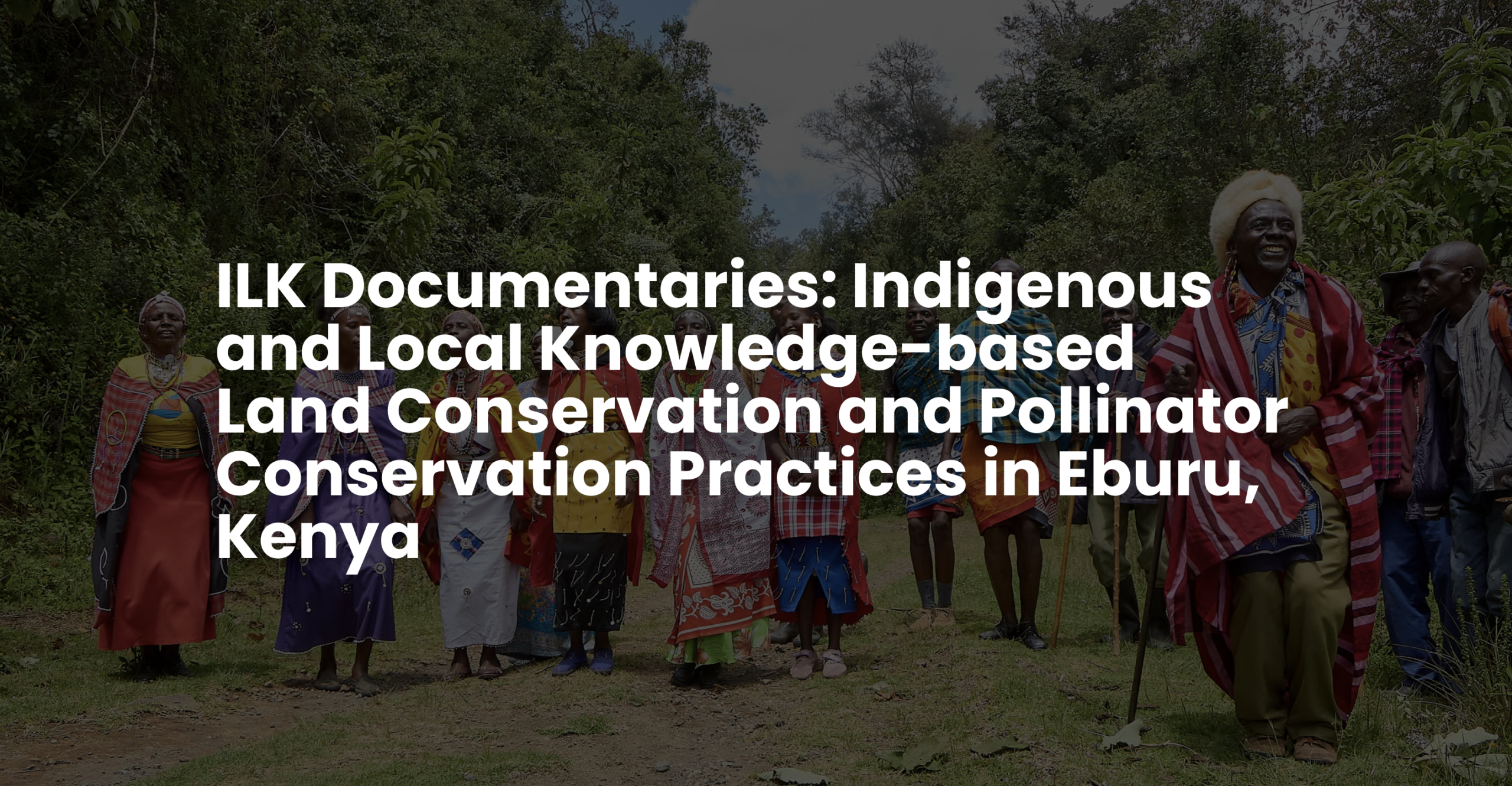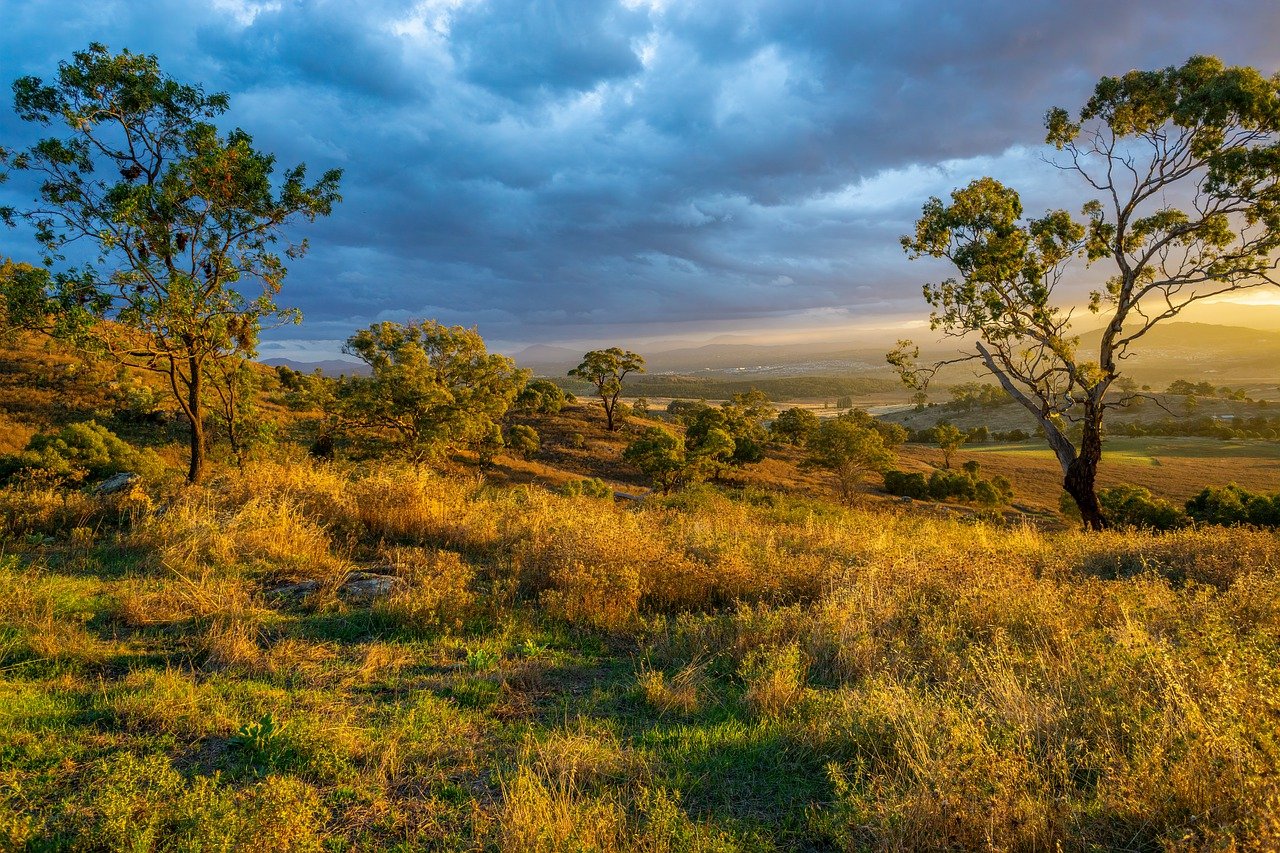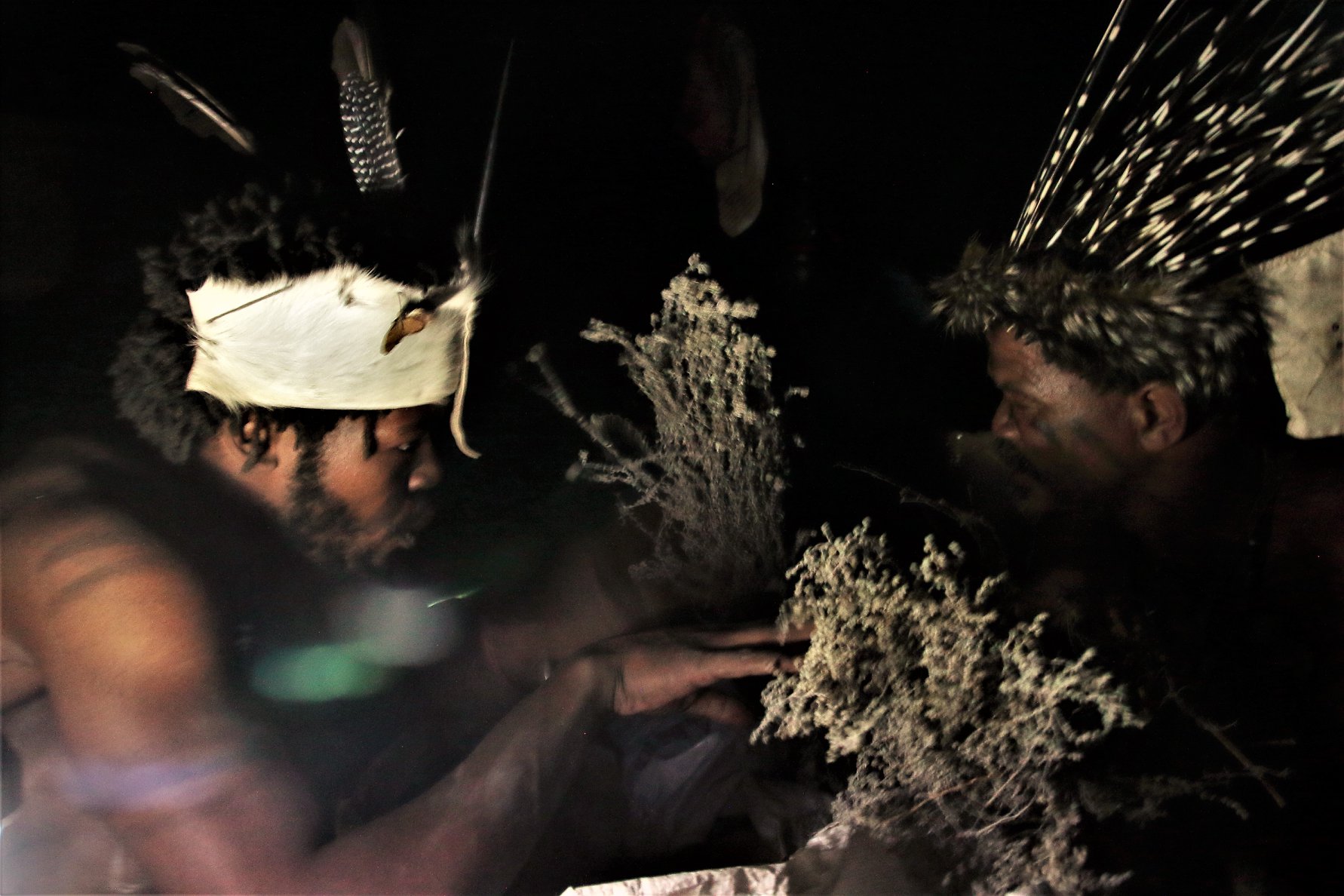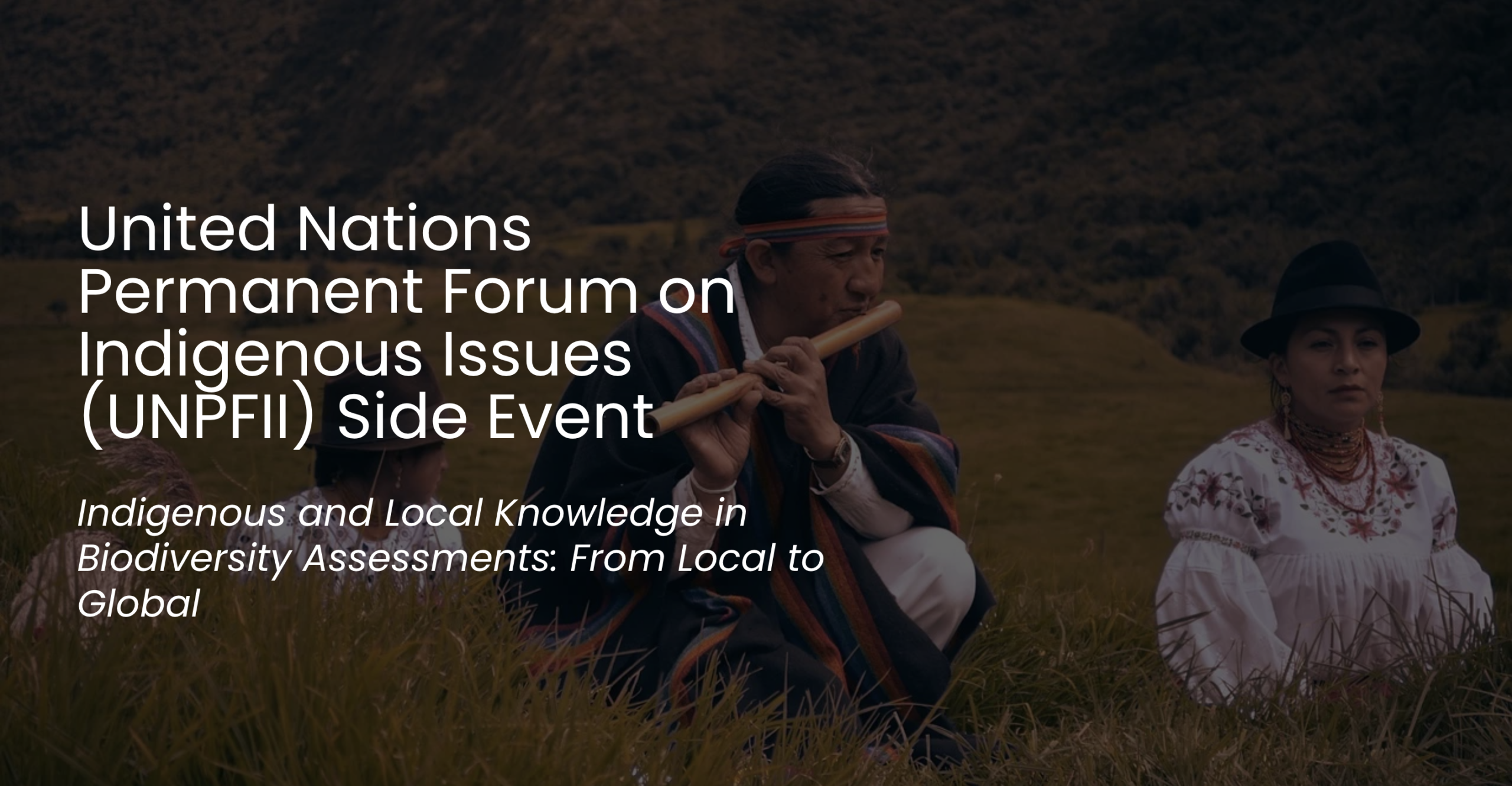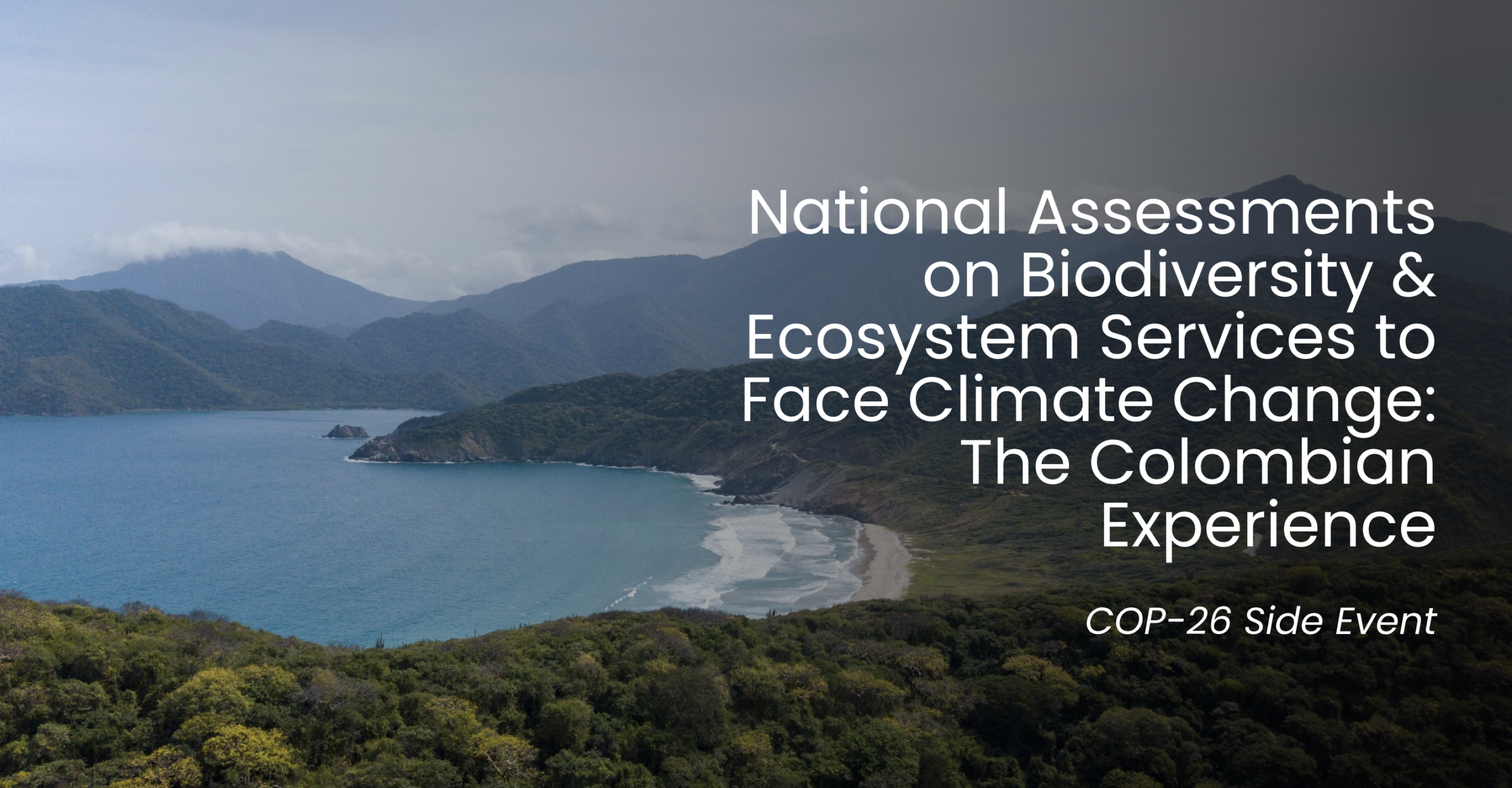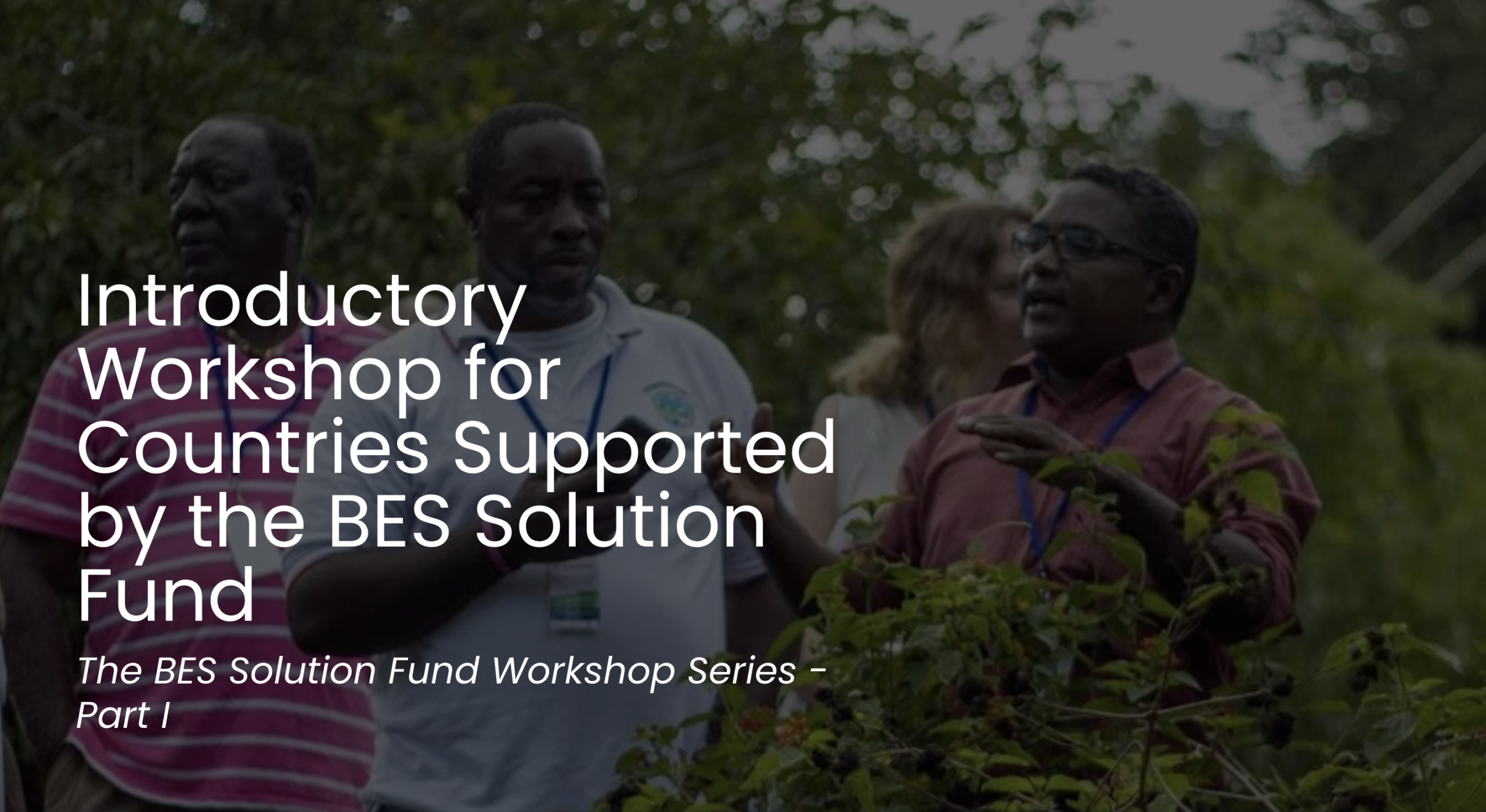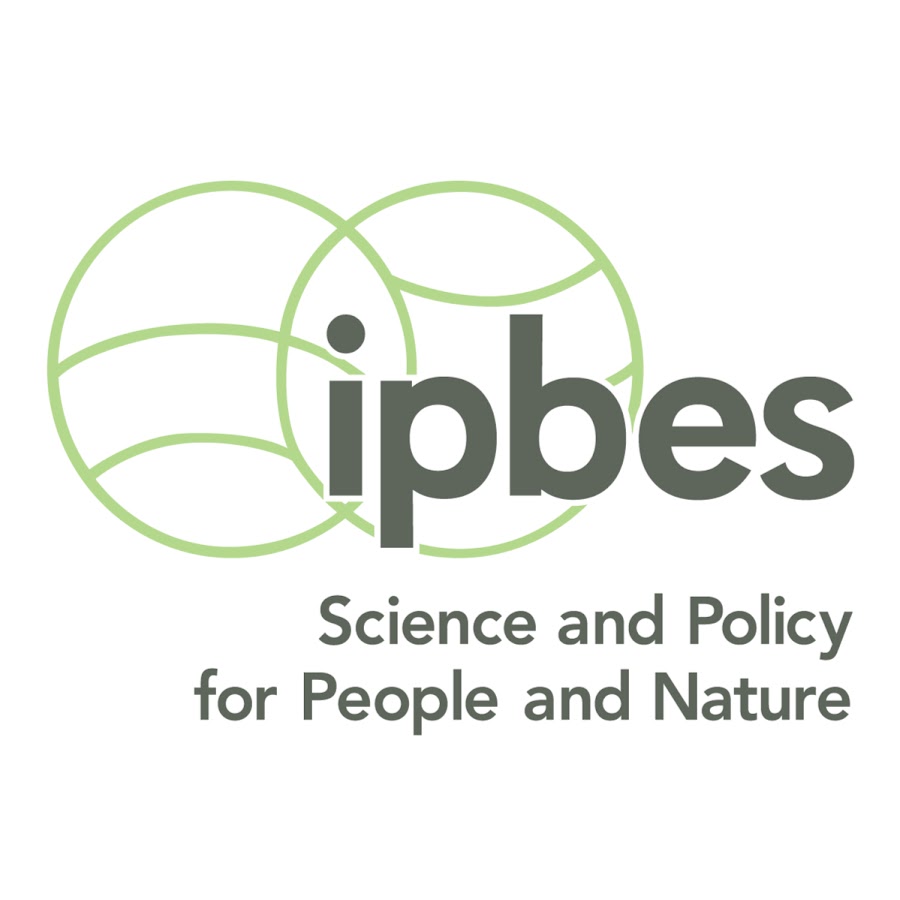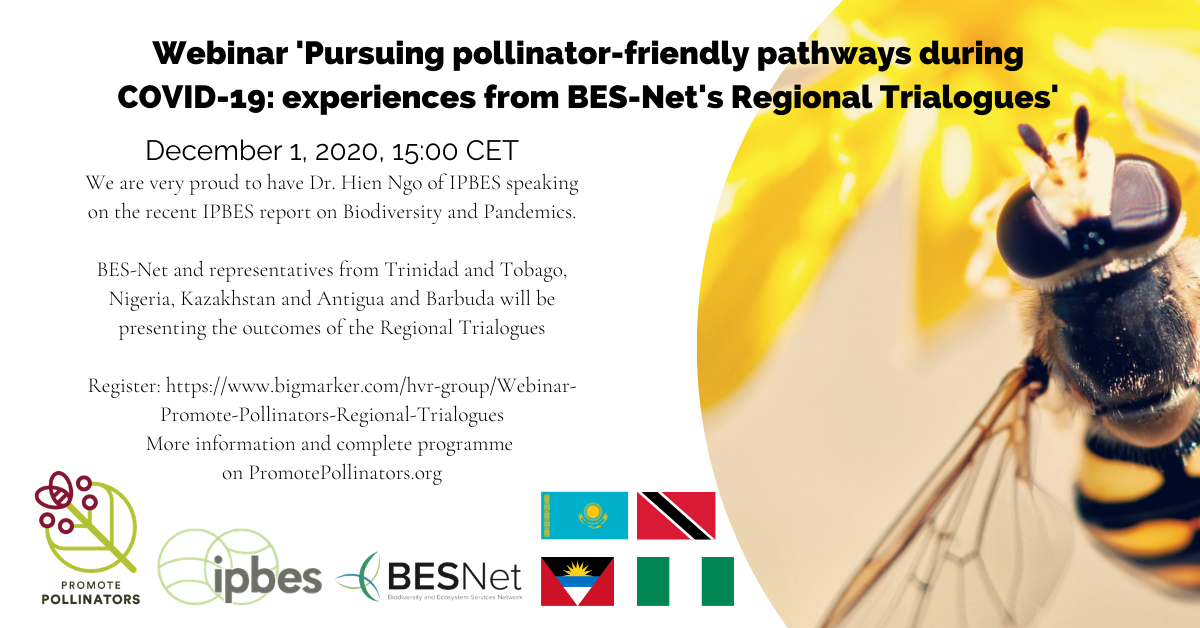How can Open Science better inform policy, monitor, predict & conserve biodiversity when data is constantly changing and compartmentalized?
We derive significant benefits from our natural environment but struggle to protect it effectively. Biodiversity, which is both vast and interconnected, transcends political boundaries and operates on scales from molecular to global. To effectively inform policy, monitor, predict, and conserve biodiversity, comprehensive data on species distributions, population sizes, ecological interactions, environmental impact, traits, genetics, and phylogeny are crucial. However, these data are not static; what was current last year may now be outdated. Sustainable biodiversity management and exploitation are hindered when data are segregated into silos defined by taxonomy, geography, industry, or discipline. This talk advocates for Open Science as the key solution to these multifaceted challenges.



